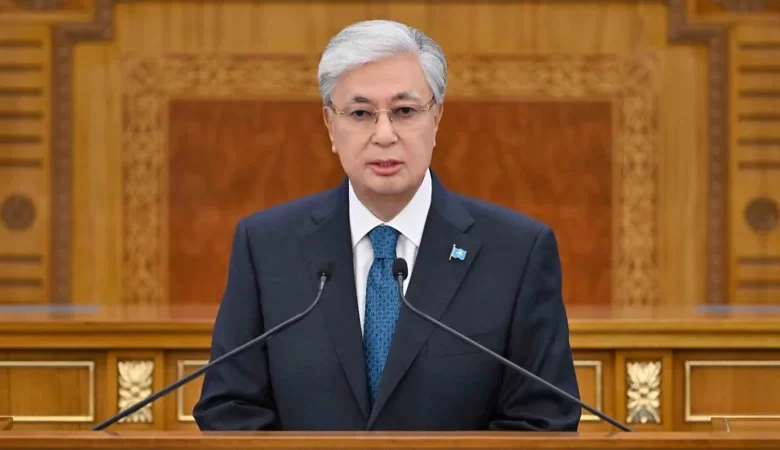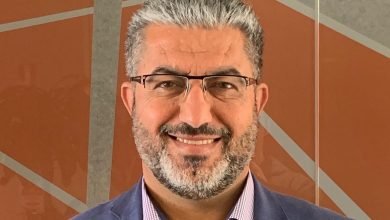
By : Nedal Zubeidi
Jordan Daily – Presidential speeches about the future are nothing new. Yet, at times, one finds in them an echo- like a sound bouncing off distant mountains- that lingers beyond the moment. Such was the case with the latest address by Kazakh President Kassym-Jomart Tokayev, delivered on September 8 under the striking title: “Kazakhstan in the Era of Artificial Intelligence.”
It was not merely a programmatic speech. It was the voice of a nation that no longer sees itself on the margins of continents, but at the crossroads of Asia and Europe, between history and modernity. The President announced the creation of a Ministry of Artificial Intelligence and Digital Development, to be headed by a Deputy Prime Minister- level official. “Kazakhstan has no alternative but to embrace this transformation,” Tokayev declared, pledging to make the country “a fully digital nation within three years.”
Kazakhstan, born from the shadows of the Soviet Union in 1991, is still searching for its larger image. Natural resources- oil, gas, uranium- brought wealth, but they no longer suffice. Infrastructure, on its own, is not enough unless joined with programmed intelligence and skilled hands. Hence, Tokayev spoke of Alatau City, to be granted special status, as a future hub of innovation. He promised a State Digital Asset Fund to build a “strategic crypto reserve,” and urged the adoption of a new Banking Law by the end of 2025. Between the lines, he was speaking of something deeper: of a new identity, a social contract suited for the digital age.
Politics, of course, was not absent. The President proposed a 2027 referendum to transition toward a unicameral Parliament, with a year-long national debate beforehand. “Only through open dialogue with the people can we build a Just and Strong Kazakhstan,” he said. Abroad, he reaffirmed his balanced foreign policy: recent engagements with China, Türkiye, Russia, and the United States. “The UN still has no alternative,” he remarked, but called for long-overdue reform of the Security Council.
What stands out is the breadth of his agenda: from energy to agriculture, transport to tourism. He confirmed construction of Kazakhstan’s first nuclear power plant in the Almaty region, with two more to follow, alongside plans to add 6.3 gigawatts of renewables within five years. He spoke of over one billion tons of cargo passing through the country last year, promising to expand rail corridors, digitize customs by October, and establish Kazakhstan as “the leading aviation hub in Eurasia.” On food security, he noted one trillion tenge ($2.1 billion) had been allocated this year to agriculture, with deep-processing projects expected to create over 3,000 jobs.
And yet, the central question remains: can the state move fast enough to deliver on such an ambitious vision? Can a country still wrestling with bureaucracy truly become a digital nation by 2027?
History teaches us that modernity is not achieved by legislation alone, nor by new institutions, but through collective discipline, societal will, and the patience of elites to endure reform. Tokayev wished to tell his people and the world: We will not remain merely a transit corridor between East and West. We will be a nation of the digital future.
The ultimate test, however, belongs to history itself. Many nations have entered the race for technology; few have managed to balance politics and economics, ambition and reality. Today, Kazakhstan seeks to place itself in that delicate equation- hoping to transform from a country of resources into a country of ideas.

